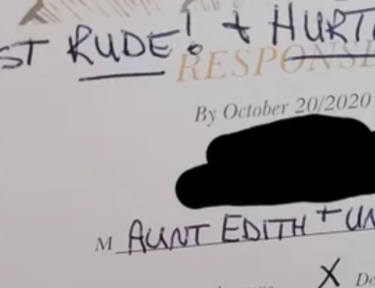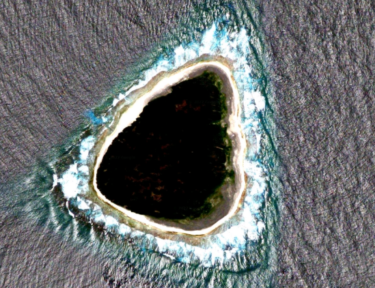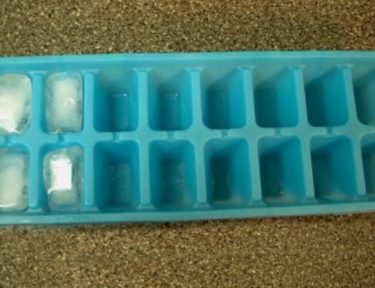Partially-Vaccinated Florida Woman Is One of the First to Give Birth to Baby with COVID Antibodies
As COVID-19 vaccines continue to roll out, it’s exciting yet also a bit nerve-racking. With everything being so new, you might be wondering if there could be any side effects to getting vaccinated—especially if you’re pregnant. Of course, you want to make sure you’re doing everything right by your unborn baby, but could the vaccine have any adverse effects?
In order to make sure the vaccine was safe for pregnant women, researchers went to work. “After the vaccine came out, we started looking for people who might be pregnant, who were eligible to get it,” said Boca Raton, Florida-based pediatrician, Dr. Paul Gilbert, noting that there were some quick changes in recommendations regarding pregnant women getting the vaccine.
Well, good news: Dr. Gilbert, along with Dr. Chad Rudnick, another Boca Raton, Florida-based pediatrician, have recently published a case report stating that the first pregnant woman in the world has given birth to a baby with COVID-19 antibodies!
The pregnant woman received a single dose of the Moderna COVID-19 vaccine when she was 36 weeks pregnant, and then, three weeks later, she gave birth to a healthy baby girl who had antibodies against COVID-19! One dose, full antibodies to the baby. Amazing!
“We were very excited to see once the test result came back, that the antibodies from the mom’s vaccine did in fact pass through the placenta to the newborn,” Rudnick said.
With previous knowledge of antibody transmission to a fetus during pregnancy, they did expect this to happen—but still, how cool is it when things go according to plan, especially when it involves humans being born into a pandemic with antibodies to the virus!
“We tested the baby’s cord to see if the antibodies in the mother passed to the baby which is something, we see happen with other vaccines given during pregnancy,” Gilbert said.
This woman is the first reported case in the world and the two doctors are working on finalizing their formal publication so that more pregnant women can feel confident getting their vaccine and protecting their newborn. “Really cool great scientific opportunity and we knew that we were going to be potentially one of the first in the world to report it and that opportunity probably only comes once in a career,” said Gilbert.
It’s still important to note that further studies are needed to determine how long the antibodies against COVID-19 will last after the baby is born. “They have to determine at what level of protection or how many antibodies does a baby need to have circulating in order to give them protection,” Rudnick said.
Would you get the COVID-19 if you were pregnant? Do you know any pregnant women who have received the vaccine?




